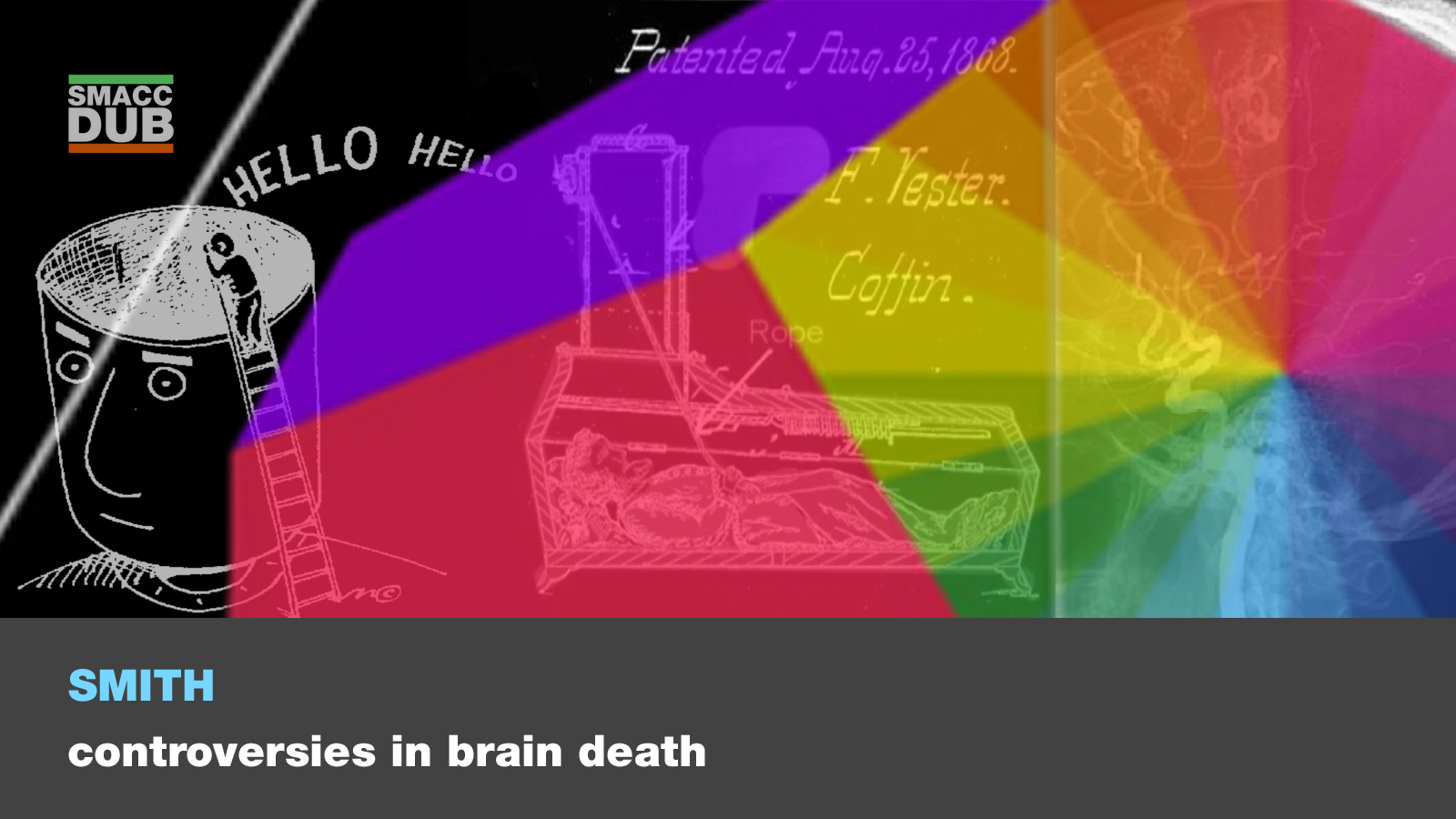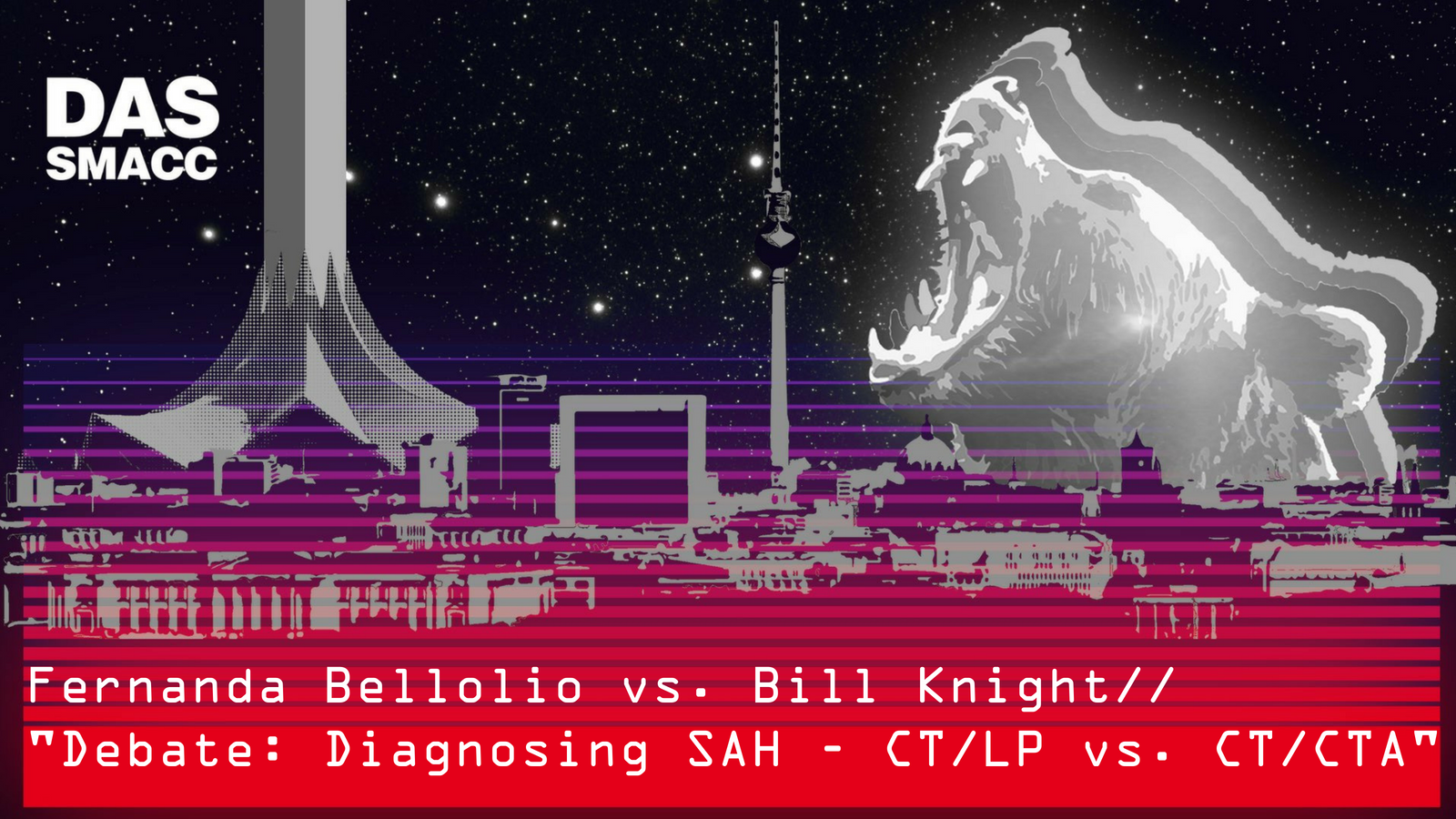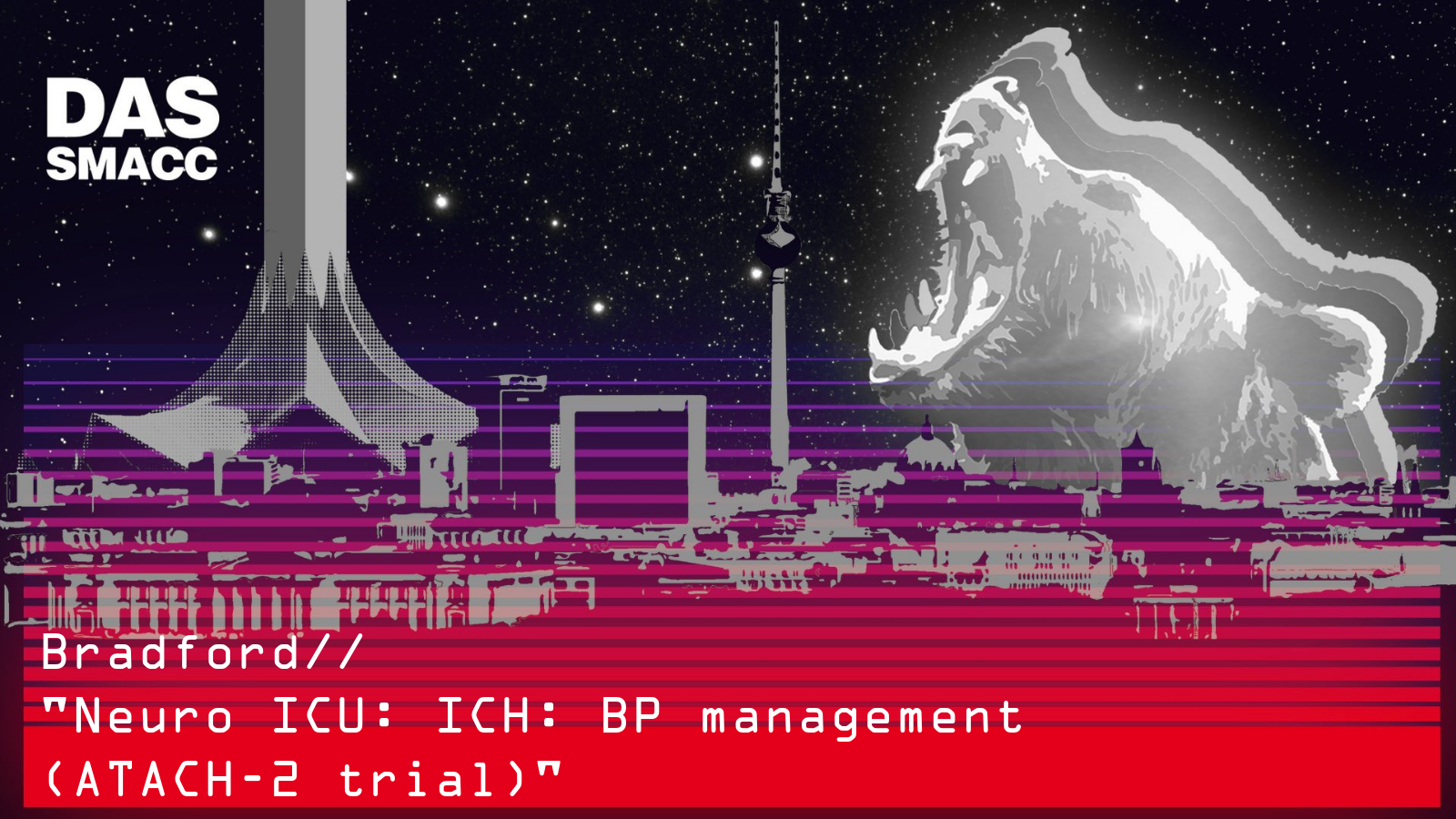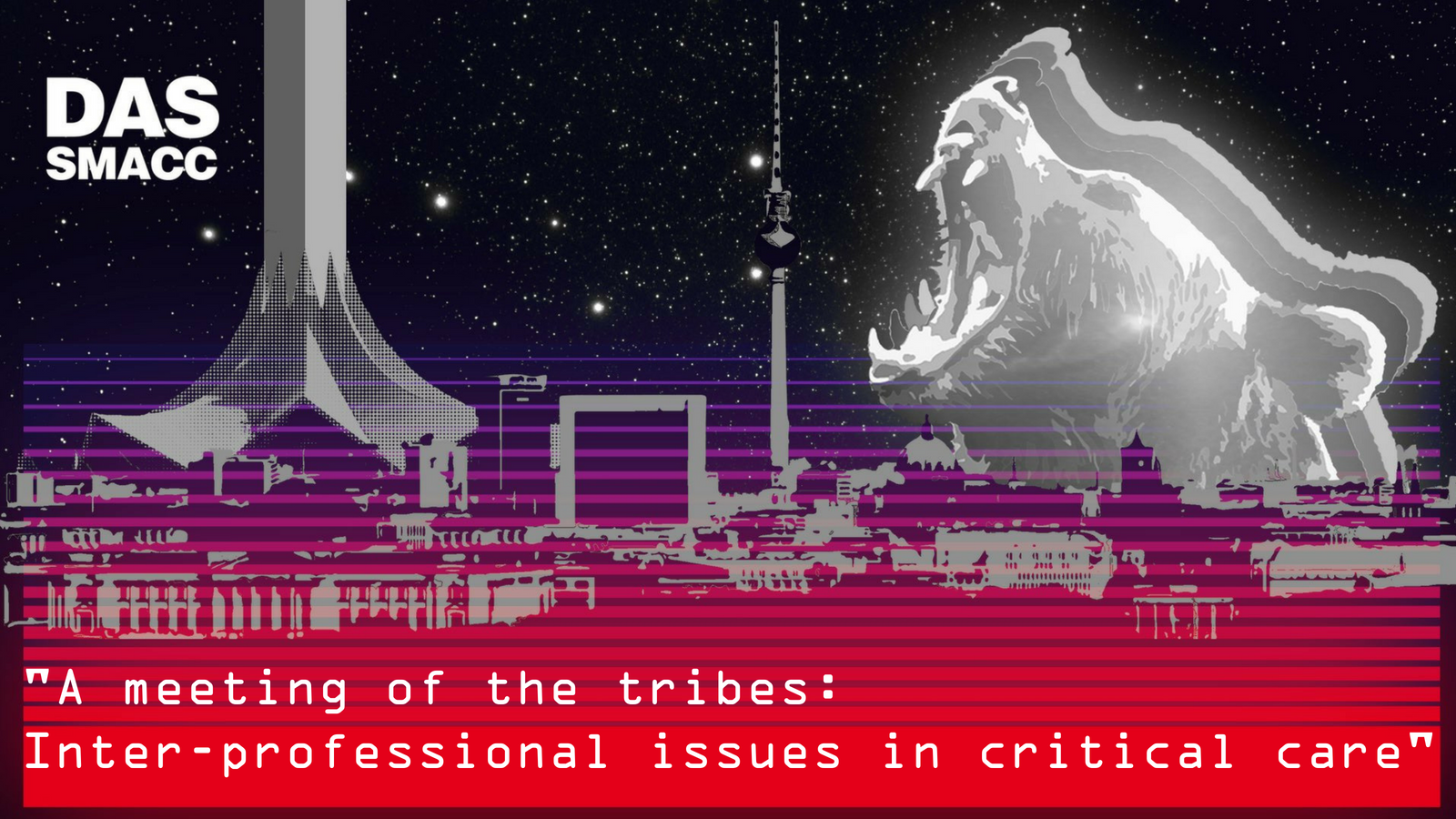The Controversies in Brain Death: Martin Smith
Martin Smith persuades you that controversies in brain death should not, and do not, exist.
Almost fifty years since the concept of brain death was first introduced, some individuals and whole nations still struggle with its concept and justification.
Many controversies continue to surround brain death, although there is broad consensus that human death is ultimately death of the brain.
Martin provides a history of the concept of brain death. He describes how advances in modern medicine have made the concept of death, and specifically brain death, muddled. This has broad implications on the diagnosis of brain death – and provides the basis to the controversies that exist.
The concept of death as a process is explored.
The idea, and in fact the truth, is that death does not happen at a discrete moment in time.
Alive or dead may be the only two states an organism can be in. However, the transition from one to the other is not instantaneous.
Martin contends that the process and the nomenclature has little practical relevance. What is important is the point of irreversibility.
He explains how we, as a medical community, can be confident of this point.
The main points are 1) fulfilment of essential preconditions, 2) exclusions of reversible causes and 3) clinical evaluation.
In his talk Martin elaborates on each and provides some important teaching points. As he explains, this is an important concept to grasp as it has implications for your patients as well as broader societal implications in the context of organ donation.
Martin’s talk will discuss the history and development of the concepts and diagnosis of brain death internationally. He examines current challenges and controversies and makes the case for an international consensus.
For more like this, head to our podcast page. #CodaPodcast





